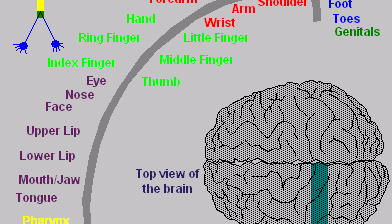Tag Archives: knowledge
21 Aug How Do You Think?
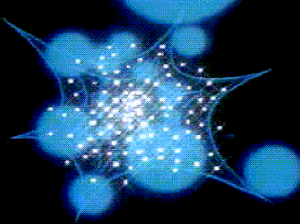
Weighing the Options As part of my quest for the truly intelligent system, I have invested much in investigating and attempting to describe how people think. I am particularly concerned with how people integrate multiple ideas or constraints into their thinking and decision-making processes. More ideas help make better decisions: consider my posts on exformation and […]
11 Aug Emotion – The Perturbable Mr. Amygdala
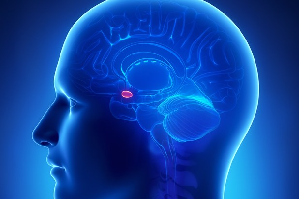
Fear and the Amygdala Have you ever been asked not to be so emotional, or on the contrary, to show more emotion? Or have you been asked to suppress a specific emotion, such as fear? I recall a scene from an Indiana Jones movie in which, after a scene of amazing heroics, a pilot tells […]
06 Aug Finding yourself in the Hippocampus
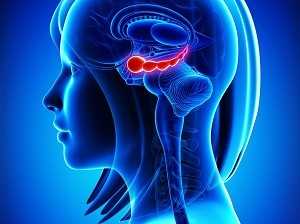
On October 6, 2014, the Nobel Assembly at Karolinska Institutet awarded The 2014 Nobel Prize in Physiology or medicine to John O´Keefe and to May‐Britt Moser and Edvard I. Moser for their discoveries of cells that constitute a positioning system in the brain. John O´Keefe is Director of the Sainsbury Wellcome Centre in Neural Circuits […]
03 Aug Exformation vs. Subtext

Many of us humans like to congregate and communicate. Much of our communication, including this blog, is intended to be shared widely and to persist beyond the moment, whether we are attempting to share the thought of the moment, or change the course of human history. When we congregate, whether for a TED talk, a […]
28 Jul The Democratization of Knowledge
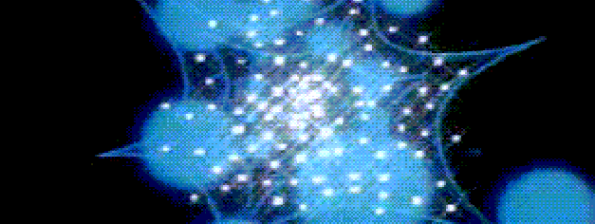
Joe Roushar – July 2012 Knowledge is Power Knowledge is concentrated in too few people (Boyle 1996). People in privileged countries and classes have all they want. Many others don’t know what they don’t know. A huge project called One Laptop Per Child is seeking to remedy this one child at a time. This is one […]
25 Jun A World of Chaos

A World of Chaos We are inundated with information, with virtually no limit on our capacity to produce more. I brought this up in the beginning of the introduction. Since the invention of the printing press a few centuries ago (circa 1447), thinkers and postulators have been able to share information much more effectively (something […]
21 Jun The Coming Revolution

Another Revolution in Computing – Knowledge Processing Where cognition and computation converge…the brink of the coming revolution? As James Bailey puts it, “The reason today’s electronic computers seem benign is that the true electronic revolution has not happened yet.” Bailey compares our current phase of computerization to the stage of history “when muscle tasks were […]





